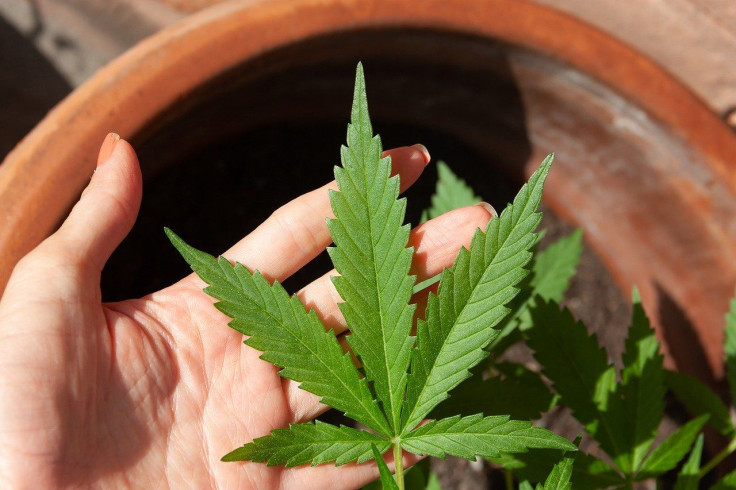Smoked Pot? Biden Administration Could Still Hire You
While still categorized at the federal level as an illicit drug alongside heroin, the Biden administration on Friday said past marijuana use will no longer be an automatic disqualifier for certain federal jobs.
NBC News on Friday recounted an “intensive consultation with security officials” vetting personnel who used marijuana on a “limited” basis. A waiver on past marijuana use could be limited to those federal employees that don’t require a security clearance.
Eleven states legalized marijuana for recreational use and dozens of others allow use for medicinal purposes. At the federal level, marijuana is classified as a Schedule 1 drug, alongside heroin, as a substance or chemical with no accepted medicinal use or one with a high potential for abuse.
To be granted a waiver, an eligible employee would have to abstain from future use while working for the federal government and undergo random drug tests. A White House official explaining the policy to NBC said it was updated guidance on how to draw in top-talent given recent national trends.
“The White House’s policy will maintain the absolute highest standards for service in government that the president expects from his administration, while acknowledging the reality that state and local marijuana laws have changed significantly across the country in recent years,” the official said on Friday.
The social tolerance for marijuana use is changing along with state-level laws. Dale Sky Jones, the chancellor of Oaksterdam University, the nation’s first institution catering to marijuana policy, wrote an op-ed for the San Francisco Chronicle urging the Biden administration to legalize marijuana at the federal level.
Jones points to comments on decriminalization from Biden and Vice President Kamala Harris to make his case, arguing lowering the criminal threshold of Schedule I drugs would be a win for non-violent offenders and allow for medical researchers to take a closer look at marijuana.
“We are confident that President Biden and his experienced and competent team can come to the right decision on cannabis, to achieve justice for the wrongly and harshly punished, and to expand the market potential of what already is a $67 billion industry,” he wrote earlier this month.
Many states are reluctant to even move toward legalizing marijuana for medicinal purposes. North Dakota Gov. Kristi Noem, a Republican, said it would take time to sort out the myriad of legislative moves that would relax marijuana laws in her state. Initiated Measure 26 saw more than 70% of the votes cast in favor of legalizing marijuana for medical purposes in November.
Nevertheless, Kathleen McGettigan, the acting director of the Office of Personnel Management said in a memo cited by NBC that federal considerations could be changing.
“It would be inconsistent with suitability regulations to implement a policy of finding an individual unfit or unsuitable for federal service solely on the basis of recency of marijuana use,” she wrote.

© Copyright IBTimes 2025. All rights reserved.





















